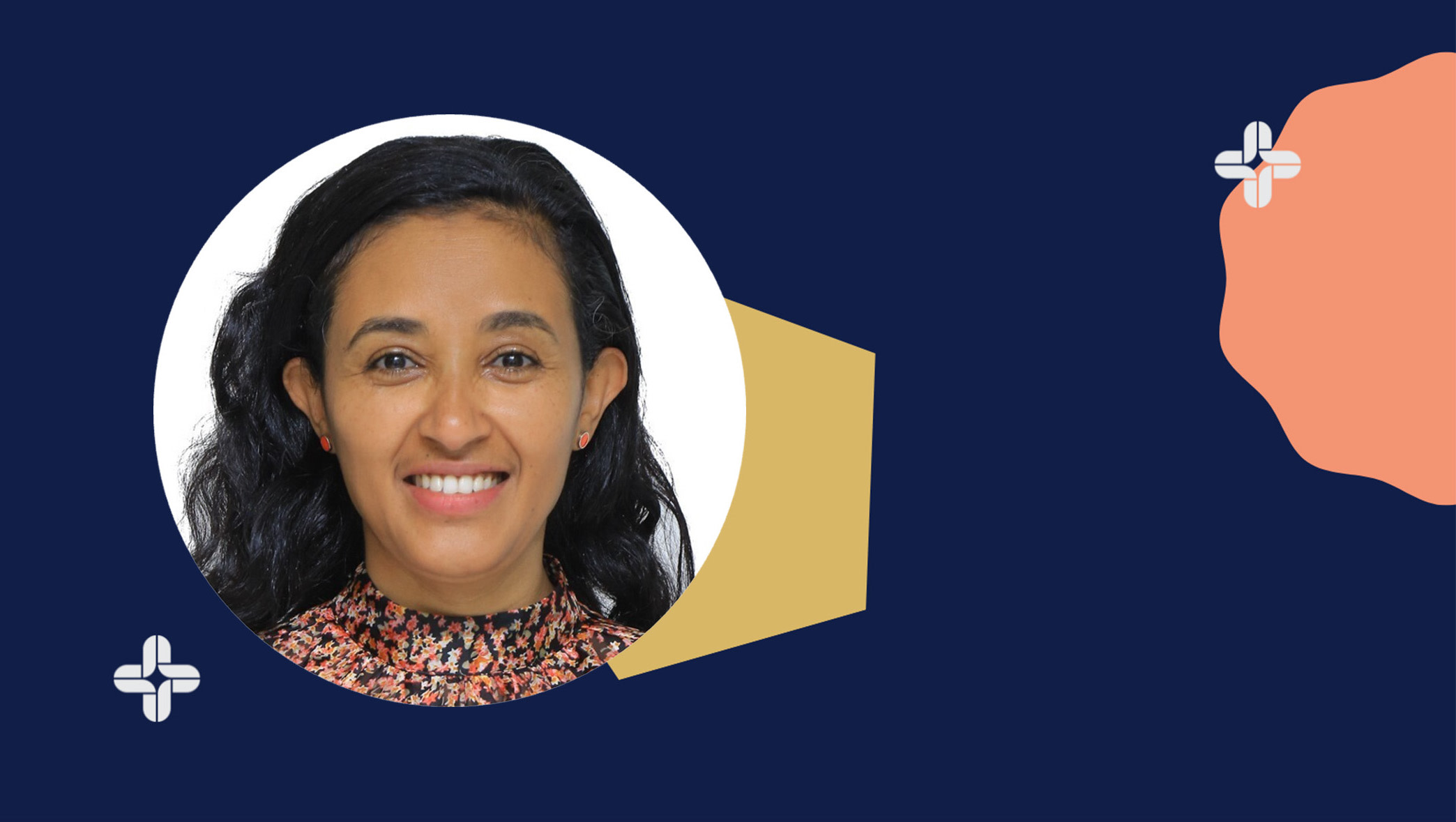
With support from Malala Fund’s Girl Programme, Dr. Serkalem Girma is expanding sign language use and availability of learning resources for deaf students.
In the last decade, the number of children in primary school in Ethiopia tripled, and the country elected its first female president. Yet only 25% of Ethiopian girls attend secondary school, with students in rural areas and with disabilities facing particularly large barriers to learning. For example, only 10% of deaf children are enrolled in the country’s schools according to government data. With very few teachers familiar with sign language and a lack of essential learning materials, schools are unable to meet the needs of deaf students.
Dr. Serkalem Girma works to change this reality by championing inclusive education in Ethiopia. With support from Malala Fund’s Girl Programme, her organisation Roots and Wings ELIXIR partners with communities to co-create learning resources for deaf students and helps teachers better deliver gender-sensitive curriculums at the Alpha Deaf Special Elementary school in Addis Ababa.
Roots and Wings aims to ensure equal access to education, employment and public life for deaf girls. To learn more, Malala Fund spoke with Dr. Serkalem about her organisation’s approach to programmes and the change she wants to see for girls in Ethiopia.
What are some of the main barriers the girls you work with face in accessing education?
A deaf girl in Ethiopia faces a variety of challenges that persist throughout her life. First families are ill-equipped to support their deaf children as resources for learning sign language are almost nonexistent. The challenges then extend to schools, which aren't tailored to meet the needs of deaf girls. With no teachers to teach sign language, girls struggle to learn in classrooms, leading to their frustration and absenteeism.
Currently Addis Ababa University is the only institution that provides comprehensive sign language education, making it rare for deaf girls to reach university. The girls who do graduate face bleak employment prospects as Ethiopia does not recognise sign language as a working language. Their exclusion from the workforce restricts girls’ financial independence. Additionally they face other challenges including transportation services and healthcare facilities that cannot accommodate their needs.
What initiatives are you most excited to take forward with your Malala Fund grant?
First we are addressing the educational shortfall for deaf girls by converting textbooks into sign language and complementing this with video lessons for basic sign language. Additionally we are providing home-based sign language training for teachers, families, community members, local authorities and health professionals. This has successfully fostered interaction between deaf girls and their family members.
Recognising that some issues faced by deaf girls require policy-level solutions, we are raising awareness through workshops that target media outlets, national associations, the Human Rights Commission, National Deaf Association and other deaf schools in Addis Ababa. We’ve also partnered with grassroots organisations to launch a national social media campaign with the theme “don’t leave deaf girls behind” that sheds light on the challenges girls face.
What would you like to see from leaders to make secondary school more accessible for all?
Our ultimate aim is for leaders to be aware of the profound challenges deaf girls encounter throughout their lives. They need to institute a supportive policy framework. This involves not only establishing appropriate policies but also allocating resources equitably for this marginalised demographic. Our leaders should also provide avenues that encourage girls to reach their potential.
On the national stage we need dedicated policies to address the challenges confronting the broader deaf community — from the lack of employment opportunities to insufficiently equipped schools.
What can people in Ethiopia and around the world do to better advocate and support quality education for students with disabilities?
The initial step is embracing their potential. We need to establish opportunities and create an enabling environment that allows students with disabilities to unlock their inner strengths. They possess the ability to achieve independence, showcase their creativity and contribute to their community and society at large. Their reservoir of potential is substantial. By acknowledging this, we pave the way for meaningful progress.
How can quality education catalyse positive change and help women and girls shape their own destinies?
Our aspiration for deaf girls or any community we engage with is to illuminate the society they are part of. Education is the pathway through which we uncover our potential as human beings. For a girl child without education, life becomes shrouded in darkness. Our role is to provide that guiding light, and education is the tool we wield.
Without quality education, we fail to foster responsible individuals capable of contributing to society. Education is the key instrument to cultivating a civilised society. So, Roots and Wings dedicates itself to enhancing the quality of education for differently-abled individuals to achieve this.
